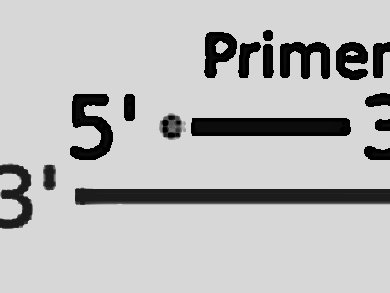Frederick Sanger passed away yesterday. He is the only person who has been awarded two Nobel Prizes in Chemistry.
Frederick Sanger, born on 13th August 1918 in Rendcombe in Gloucestershire, UK, earned his Ph.D. from the Biochemistry Department, St. John’s College, Cambridge, UK, under the supervision of Albert Neuberger, on lysine metabolism and a more practical problem concerning the nitrogen of potatoes. In 1943 he joined the group of Charles Chibnall and worked on proteins, in particular, insulin. He succeeded in developing new methods for amino acid sequencing and used them to deduce the complete sequence of insulin. Sanger won the Nobel Prize in Chemistry 1958 for “his work on the structure of proteins, especially that of insulin” [1].
In 1962 Sanger became head of the Protein Chemistry division of the newly established Laboratory of Molecular Biology (LMB) of the Medical Research Council in Cambridge. His new colleagues included Francis Harry Compton Crick, John Cowdery Kendrew, Hugh Esmor Huxley, and Aaron Klug. Here he worked on DNA and nucleic acids which resulted 1977 in the Sanger sequencing, the most widely used DNA sequencing method for approximately 25 years. The method is based on the selective incorporation of chain-terminating dideoxynucleotides by DNA polymerase during in vitro DNA replication. It allowed long stretches of DNA to be rapidly and accurately sequenced. It earned Sanger his second Nobel Prize in Chemistry in 1980. The prize was divided, “one half awarded to Paul Berg for his fundamental studies of the biochemistry of nucleic acids, with particular regard to recombinant-DNA, the other half jointly to Walter Gilbert and Frederick Sanger for their contributions concerning the determination of base sequences in nucleic acids” [1].
Sanger stayed at the LMB until he retired in 1983. In 1982 the Sanger Institute was launched on the Wellcome Trust Genome Campus near Hinxton, UK. It has its focus on genomics.
- Bestimmung von Nucleotidsequenzen der DNA (Nobel-Vortrag),
Frederick Sanger,
Angew. Chem. 1981.
DOI: 10.1002/ange.19810931104 - Determination of nucleotide sequences in DNA,
Frederick Sanger,
Science 1981, 214 (4526), 1205–1210.
DOI: 10.1126/science.7302589


exelent job